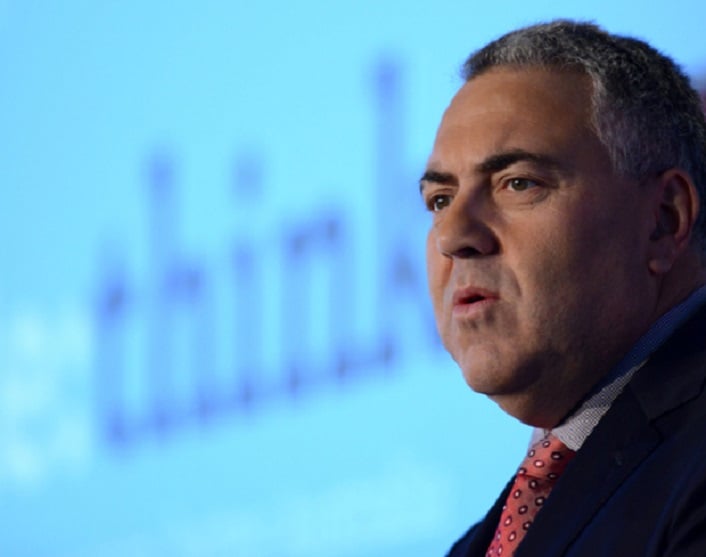
In launching its national “conversation” about tax reform, the Abbott government is caught between the policy imperative of “leading” and the political requirement of “listening”.
A further complication is that Prime Minister Tony Abbott is seeking to wedge Bill Shorten, paving the way to blame him if no real progress can be made in fundamentally recalibrating the tax system.
What we are witnessing in this first stage of the “conversation” is that the government is reluctant to be seen to be “leading”. It’s hinting and nudging, but playing coy about what it believes is required. Inevitably, this makes the beginning of the debate quite confused.
The government is starting the sentence – “we need to fix the tax system” – but then leaving it hanging. Is this some super-sophisticated tactic, or is it not sure itself where things will head?
There are some tantalising points thrown out but what do they mean? “Fairness,” said Treasurer Joe Hockey on Monday, “is in the eyes of the beholder. And this is where I want everyone to think a bit more deeply about things. 2% of taxpayers pay 26% of personal income tax.” He went on to express concern these people could relocate because they felt they were paying too much.
But Hockey also said: “I’m not saying they should be taxed more or less”. From the ordinary person’s point of view, that’s not likely to encourage deep thinking – it’s a signal to tune out until the treasurer has something solid to say about his view on the tax these people pay.
The tax discussion paper is a useful document but hardly a revelatory one. Much of the ground it traverses is familiar; basically, it updates arguments, taking account of fast-moving developments in the globalised economy, and it refreshes the statistics.




























































































